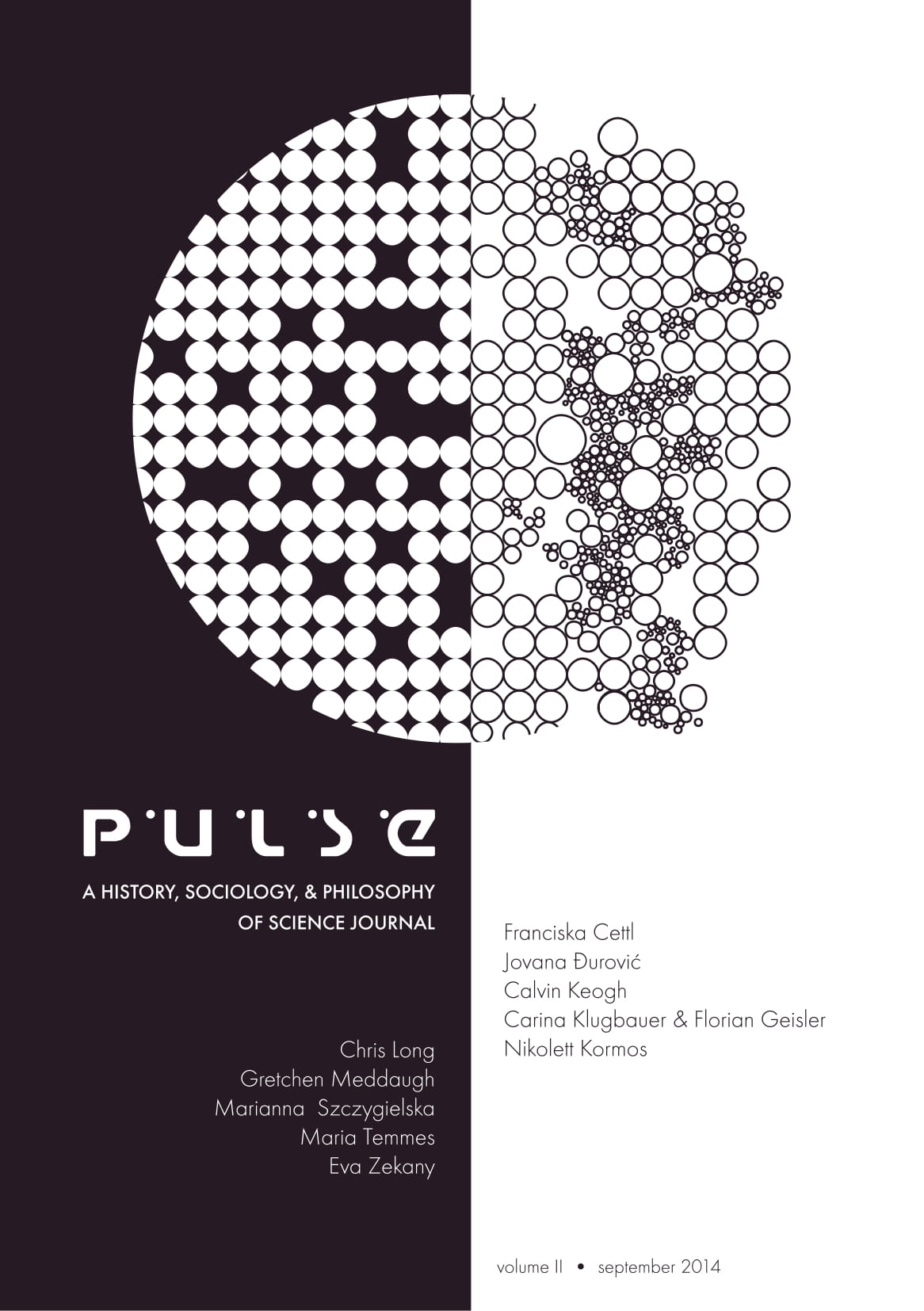Telling Tales and Case Histories. Using Narratology to
Make Sense of Psychotherapy
Telling Tales and Case Histories. Using Narratology to
Make Sense of Psychotherapy
Author(s): Calvin W. KeoghSubject(s): Fiction, Existentialism, Psychoanalysis, Theory of Literature
Published by: Central European University
Keywords: narratology;psychoanalysis;case studies;
Summary/Abstract: The following will attempt to stage such an encounter through the mediation of narratology. It examines the ‘case study’, a genre which is both a (hi)story and a type of (inter)disciplinary (auto)biography, in which the analyst engages in critical self-reflection while being involved in a broader consideration of the epistemology of human life and behavior. Freud’s study of ‘Dora’ in ‘Fragment of an Analysis of a Case of Hysteria’ (1905) is considered alongside a study of ‘Thelma’ in ‘Love’s Executioner’ (1989), one of a collection of ten ‘true stories’ by Irvin D. Yalom (b.1931), each of which is intended as an exemplary representation of the theory and practice of an offshoot of psychoanalysis, existential psychotherapy. A narratological analysis is used to demonstrate how, in the process of conceptualizing their objects,objectives, and methodologies, the case studies undermine the reliability and applicability of the same through their own self-reflexiveness, which, ultimately,exposes the instability of the boundaries which demarcate science from science fiction.
Journal: Pulse: the Journal of Science and Culture
- Issue Year: 2/2014
- Issue No: 1
- Page Range: 7-17
- Page Count: 11
- Language: English

